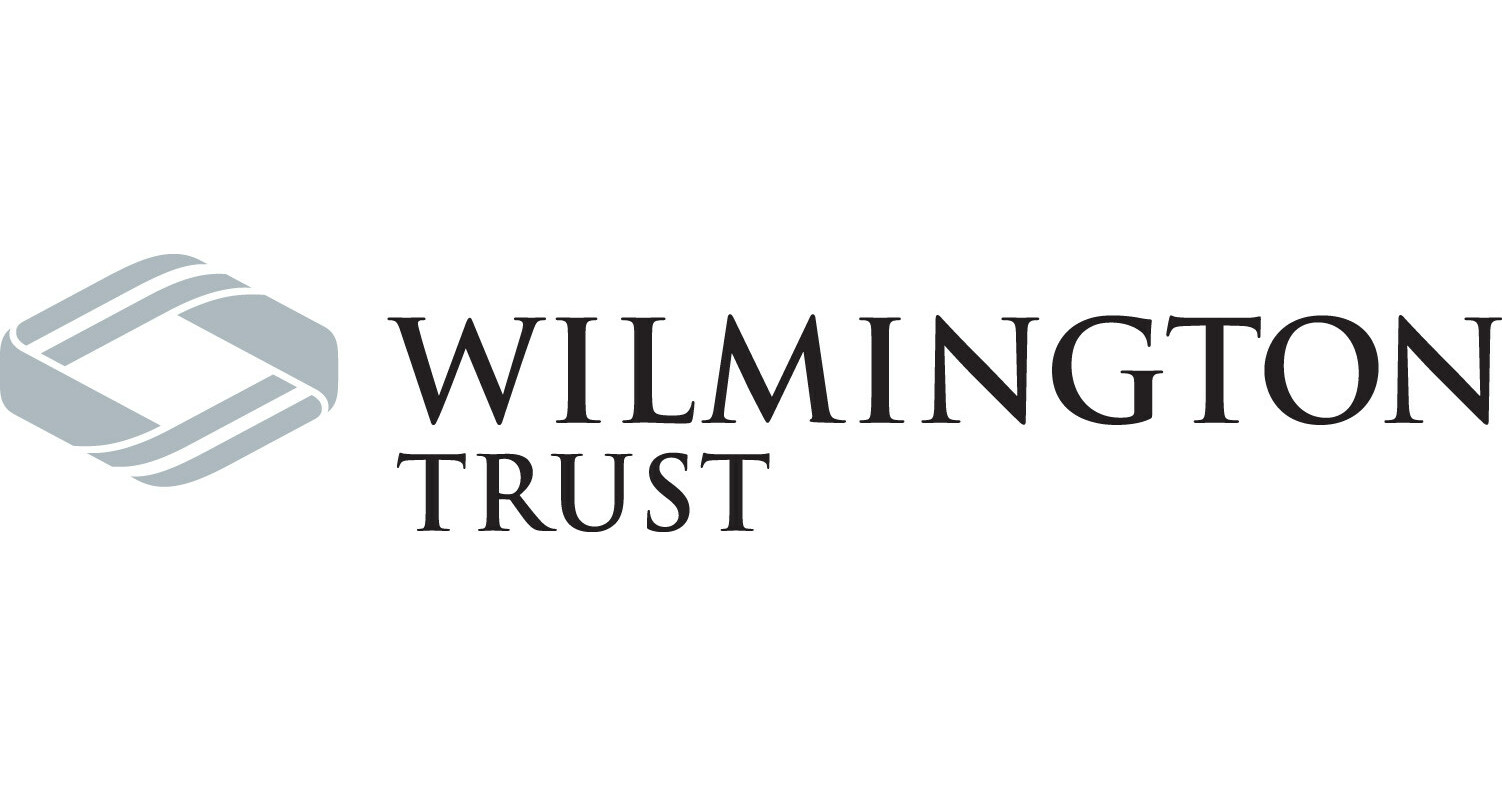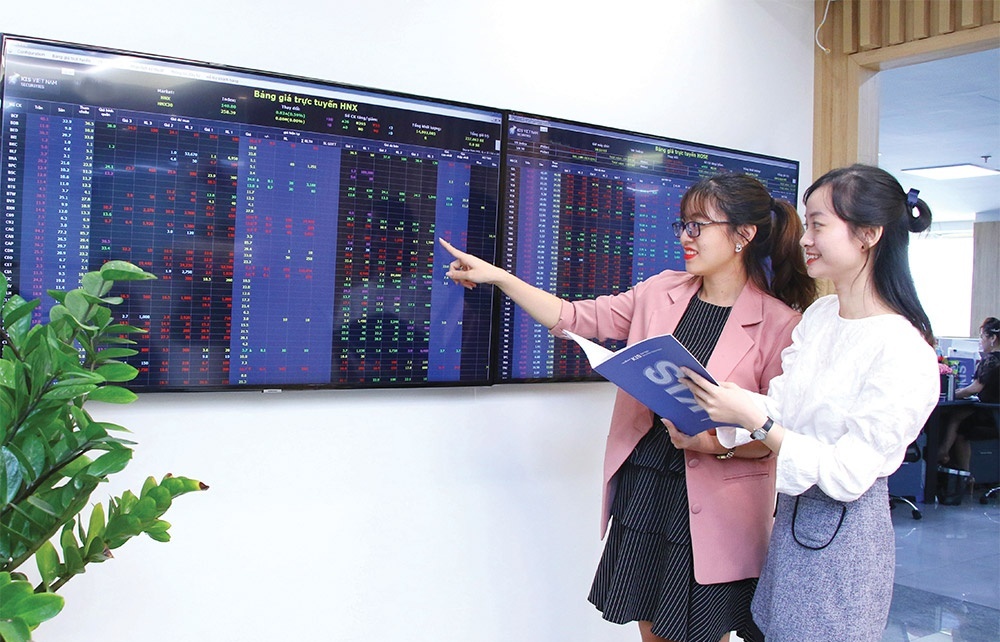Navigating and Investing in a “Chutes and Ladders” Economy

Report explores the wide range of upside and downside risks investors face in a year marked by a new administration
WILMINGTON, Del., Jan. 8, 2025 /PRNewswire/ — Wilmington Trust today released its 2025 Capital Markets Forecast (CMF) – “Investing in a Chutes & Ladders Economy” – which draws parallels between the course of the U.S. economy in 2025 and the classic board game “Chutes and Ladders” – an optimistic upward trajectory that acknowledges potential setbacks as new policies and economic risks emerge.
This year’s CMF demonstrates the significant upside potential and notable risks we may see throughout 2025, highlighting how to potentially position portfolios for success amidst these uncertainties.
- Economic Ladders – The baseline expectation for the U.S. economy in 2025 is shaped by factors including potential for accelerated capital expenditures by businesses, productivity gains and a potential boost in fiscal spending. These ladders represent upside risks that could drive stronger-than-expected economic growth.
- Mind the Chutes – Key downside risks, including the impact of tariffs, shifts in immigration policy and the nation’s fiscal challenges pose threats to economic stability and could result in setbacks to the growth trajectory.
- Playing the Investment Game – Investors must focus on building resilient portfolios that balance both upside and downside risks, including those that are not fully priced in yet. While there is optimism for continued growth, elevated valuations could lead to volatility in 2025, requiring strategic positioning to navigate.
“With policy changes on the horizon, we recognize a broad range of potential outcomes for the economy – offering both significant upside catalysts, or ‘ladders,’ and downside risks, or ‘chutes,’ which create a dynamic and unpredictable environment for investors,” said Tony Roth, Wilmington Trust’s Chief Investment Officer. “However, unlike the board game, pure luck will not likely make for a winning investment strategy in 2025. By understanding these areas and relying on a disciplined economics-led approach, investors can strategically and confidently navigate the landscape ahead.”
Economic Ladders – Upside Catalysts
Following a period of exceptional growth, the economy’s baseline trajectory remains optimistic, though a slowdown is anticipated due to consumer strength dwindling and weakening labor demand, which have been key drivers of U.S. economic exceptionalism in recent years. Despite this, there are several positive risks – or “ladders” – that could provide an economic lift:
- Capital Expenditures (CapEx) Boost – Potential business-friendly tax policies under the incoming administration could incentivize businesses to increase CapEx, driving productivity and growth, while benefitting both individual businesses and the overall economy.
- Productivity Gains Driven by AI – An increase in tech adoption, including AI advancements, has the potential to drive productivity for workers across the economy, providing an economic lift the U.S. hasn’t seen in a quarter-century.
- Fiscal Spending – Despite calls from the Trump administration for fiscal restraint, there does seem to be some appetite for increased fiscal spending in 2025, particularly in the defense sector, to stimulate the economy. However, increased spending could be limited by financial markets and Congress’s willingness to take on bigger deficits.
Mind the Chutes – Downside Risks
Just as ladders can catapult the economy forward, the downside risks – or ‘chutes’ – can quickly reverse any progress that has been made. While unexpected shocks and economic imbalances are always possible, the three risks most likely to derail progress are largely self-inflicted:
- Tariffs – The potential for significant tariffs on imports, particularly from China, could pose a big risk to the economy if implemented. Over time, the impact on consumer prices and shock to business supply chains could eventually lead to a recession.
- Immigration Policies – A significant reduction in immigration, as pledged by the Trump administration, would lead to labor-market shortages and reduced consumer spending, which could lead to a decline in GDP as soon as late 2025 or early 2026.
- Taxes, Spending and Deficits – Proposed tax cuts, reduced long-term federal spending and tariff risks increasing federal deficits would drive up interest rates and borrowing costs, which could slow economic growth over time.
Playing the Investment Game – A Strategic Approach
Translating the economic chutes and ladders into market strategies, investors must consider both the upside and downside risks inherent in the current market, including those that may not be fully priced into markets just yet. There’s a sense of optimism after equity markets hit all-time highs, but with elevated valuations, there’s potential for volatility ahead.
- Upside Risks – Positive drivers like expanded access to foreign markets in a fairer trade landscape and lighter regulation stimulating mergers and acquisitions and higher productivity across industries, could lead to increased corporate profits, creating a favorable market environment.
- Downside Risks – Valuations are currently pricing in just one end of the risk spectrum – the positive side – which leaves little room for further gains. While there’s no indication of a tech bubble like the one in the late 1990s, the market could still face significant corrections if sentiment shifts or external factors trigger volatility.
“In light of potential market volatility and the uncertainties of a new administration ahead, investors should focus on building portfolios that are resilient to both upside and downside risks,” said Roth. “This involves carefully managing drawdown risk and positioning portfolios with a modest overweight to equities, as history shows that staying invested typically outperforms attempts to time market dips.”
To read the report in full, visit
ABOUT WILMINGTON TRUST
Wilmington Trust’s Wealth Management offers a wide array of personal trust, planning, fiduciary, asset management, private banking, and family office services designed to help high-net-worth individuals and families grow, preserve, and transfer wealth. Wilmington Trust focuses on serving families with whom it can build long-term relationships, many of which span multiple generations.
Wilmington Trust also provides Corporate and Institutional Services for clients internationally.
Wilmington Trust has clients in all 50 states and numerous countries, with offices throughout the United States and internationally in London, Dublin, and Frankfurt. For more information, visit www.wilmingtontrust.com.
MEDIA CONTACT
Patrick Fitzgibbons, Senior Public Relations Manager, Wilmington Trust, [email protected]
Wilmington Trust is a registered service mark used in connection with various fiduciary and non-fiduciary services offered by certain subsidiaries of M&T Bank Corporation including, but not limited to, Manufacturers & Traders Trust Company (M&T Bank), Wilmington Trust Company (WTC) operating in Delaware only, Wilmington Trust, N.A. (WTNA), Wilmington Trust Investment Advisors, Inc. (WTIA), Wilmington Funds Management Corporation (WFMC), Wilmington Trust Asset Management, LLC (WTAM), and Wilmington Trust Investment Management, LLC (WTIM). Such services include trustee, custodial, agency, investment management, and other services. International corporate and institutional services are offered through M&T Bank Corporation’s international subsidiaries. Loans, credit cards, retail and business deposits, and other business and personal banking services and products are offered by M&T Bank. Member FDIC.
Wilmington Trust Investment Advisors, Inc., a subsidiary of M&T Bank, is an SEC-registered investment adviser providing investment management services to Wilmington Trust and M&T affiliates and clients. Wilmington Funds are entities separate and apart from Wilmington Trust and M&T Bank. Registration with the SEC does not imply a certain level of skill or training. Additional Information about WTIA is also available on the SEC’s website at adviserinfo.sec.gov.
Wilmington Trust Investment Advisors, Inc’s Capital Markets Forecast is provided for informational purposes only and is not intended as an offer or solicitation for the sale of any financial product or service or as a recommendation or determination that any investment strategy is suitable for a specific investor. Investors should seek financial advice regarding the suitability of any investment strategy based on the investor’s objectives, financial situation, and particular needs. The investments or investment strategies discussed herein may not be suitable for every investor. The material is not designed or intended to provide legal, investment, or other professional advice since such advice always requires consideration of individual circumstances. If legal, investment, or other professional assistance is needed, the services of an attorney or other professional should be sought.
The forecasts presented herein constitute the informed judgments and opinions of Wilmington Trust about likely future capital market performance and are subject to change without notice. Forecasts are subject to a number of assumptions regarding future returns, volatility, and the interrelationship (correlation) of asset classes. Assumptions may vary by asset class. Actual events or results may differ from underlying estimates or assumptions, which are subject to various risks and uncertainties.
Our advice and recommendations provided to you is illustrative only and subject to the opinions and advice of your own attorney, tax advisor or other professional advisor.
Some investment products may be available only to certain “qualified investors”—that is, investors who meet certain income and/or investable asset thresholds. Any offer will be made only in connection with the delivery of the appropriate offering documents, which are available to prequalified persons upon request.
Reference to the company names mentioned in this material are merely for explaining the market view and should not be construed as investment advice or investment recommendations of those companies. No assurance can be given as to actual future market results or the results of Wilmington Trust’s investment products and strategies.
The estimates contained in this presentation constitute Wilmington Trust’s judgment as of the date of these materials and are subject to change without notice. The information in this presentation has been obtained or derived from sources believed to be reliable, but no representation is made as to its accuracy or completeness. No assurance can be given as to actual future market results or the results of Wilmington Trust’s investment products and strategies.
Investing involves risk and you may incur a profit or a loss. Past performance cannot guarantee future results. Diversification does not ensure a profit or guarantee against a loss. There is no assurance that any investment strategy will be successful.
Third-party trademarks and brands are the property of their respective owners. Third parties referenced herein are independent companies and are not affiliated with M&T Bank or Wilmington Trust. Listing them does not suggest a recommendation or endorsement by Wilmington Trust.
Private Banking is the marketing name for an offering of M&T Bank deposit and loan products and services. Private Bankers are M&T Bank employees. Loans, retail and business deposits, and other personal and business banking services and products are offered by M&T Bank, Equal Housing Lender Bank NMLS #381076 M&T Bank. Member FDIC.
Investments: • Are NOT FDIC Insured • Have NO Bank Guarantee • May Lose Value
©2025 M&T Bank and its affiliates and subsidiaries. All rights reserved.
SOURCE Wilmington Trust

link


:max_bytes(150000):strip_icc()/GettyImages-803462056-77b17da3bdbd4da2b3ef83653e1c727b.jpg)




